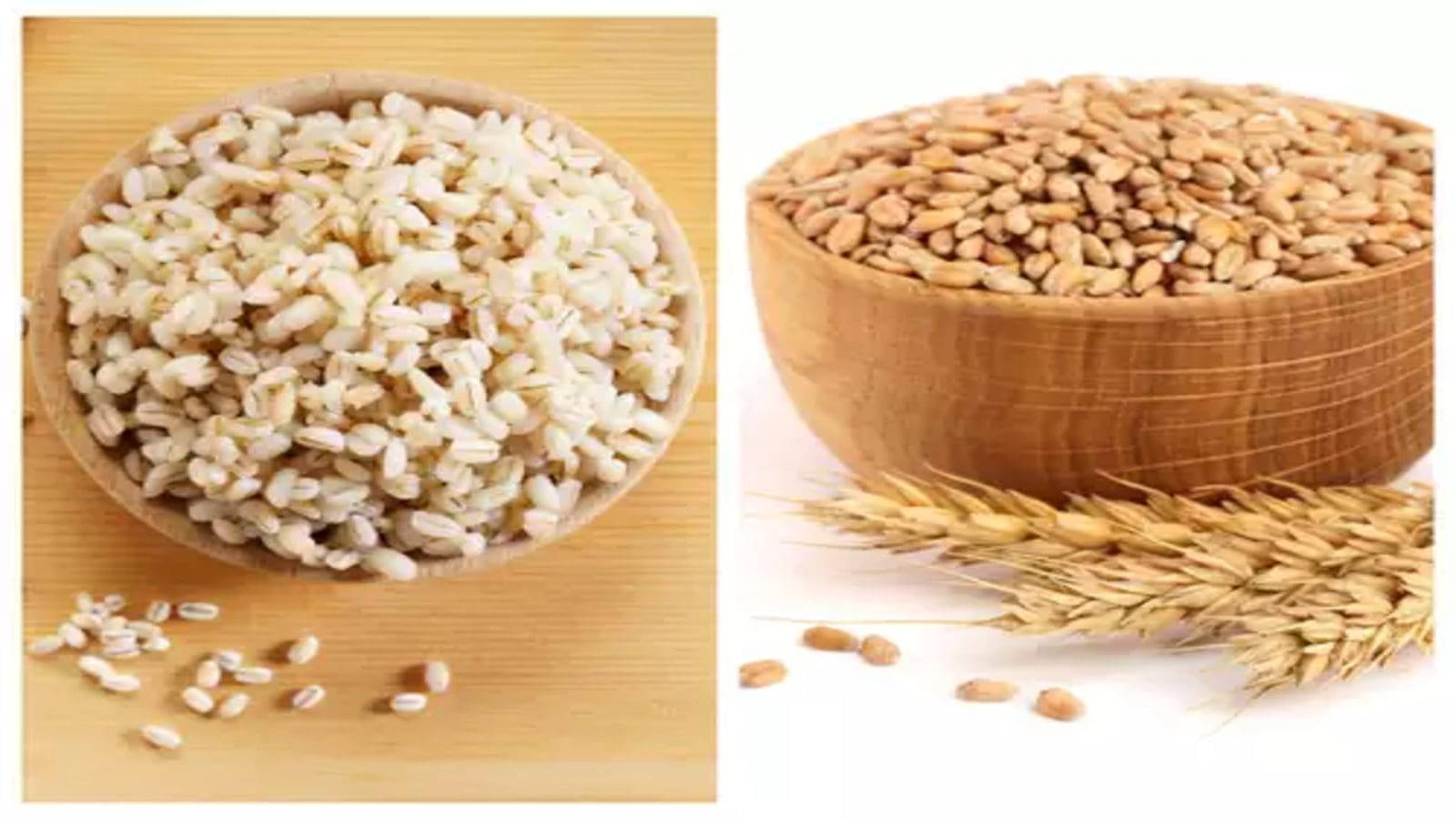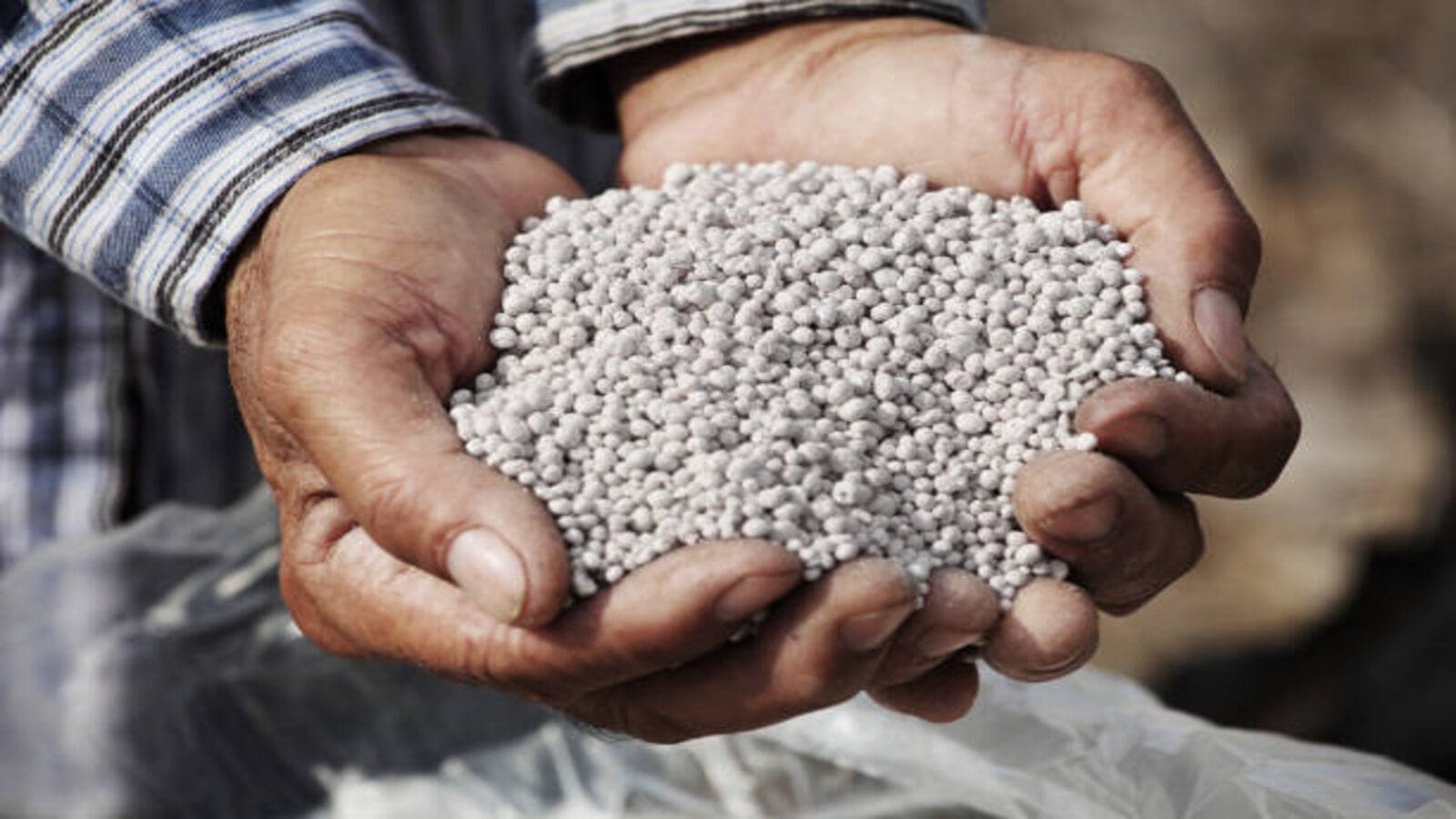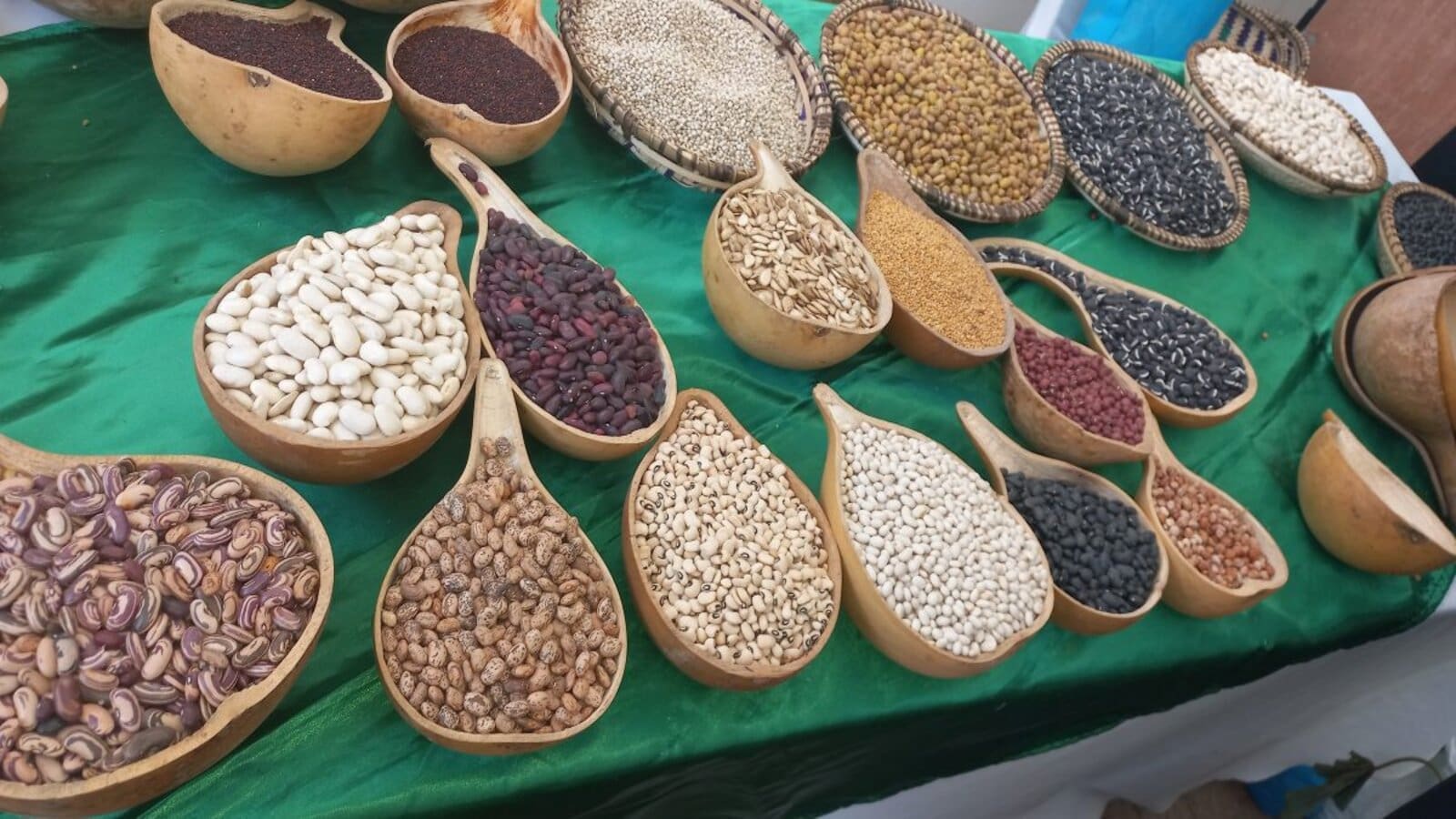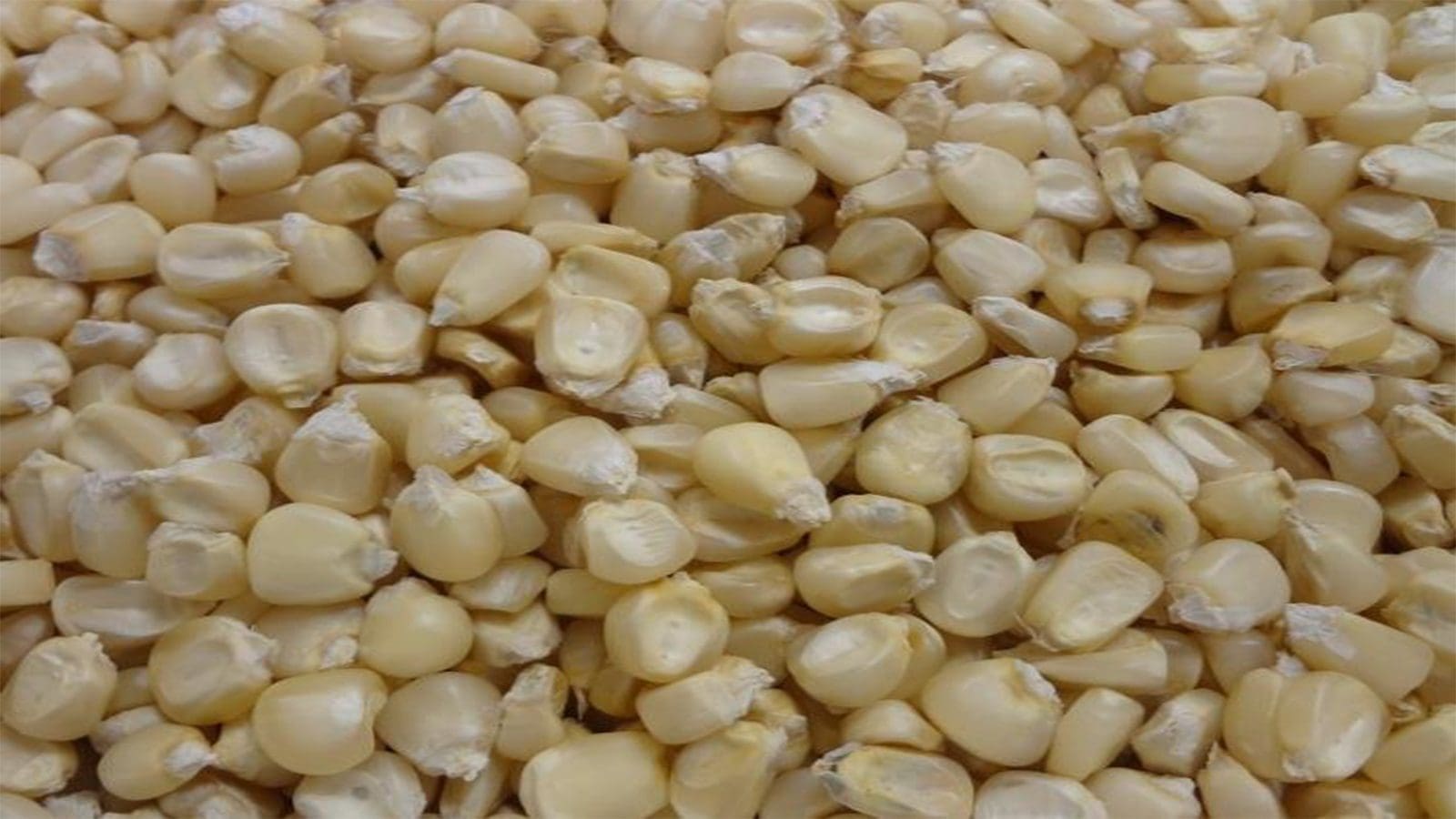MOROCCO – An international collaboration of world-leading scientists has developed six ground-breaking durum wheat and barley varieties tolerant to increasingly severe droughts ravaging Morocco, World grain has reported.
The celebrated milestone was led by the International Center for Agricultural Research in the Dry Areas Morocco (ICARDA), the National Institute for Agronomic Research (INRA), and the Benchaib seeds.
According to the experts, the new varieties result from more than ten years of research incorporating the genetic resources of ancient wild relatives’ species into today’s over-bred and genetically limited staple crops.
Founded by the Crop Trust and coordinated by ICARDA, this ground-breaking research aligns with the Generation Green 2020 – 2030 strategy of the Moroccan Ministry of Agriculture which aims to increase production while putting farmers at the center of the research.
In a joint statement, the experts said that the new varieties of durum wheat (Nachit, Jabal, and Jawahir) and barley (Chiffa, Assiya, and Khnata) have been developed under the DIIVA-PR project, which aims to produce cereal varieties with better drought tolerance and nutritional values.
Morocco faces worse drought in 30 years
The announcement at a time when Morocco is reporting sharp declines in common wheat, durum wheat, and barley production due to extreme drought conditions emanating from the impacts of climate change in the country.
According to USDA, the 2021 planting season was one of the driest in 30 years, resulting in reduced planted area for cereals grains.
For the marketing year 2022-23, USDA forecasted a 14% decline in the total harvested area for wheat and barley to record a figure below the five-year average.
In addition, the USDA expected below-average yields to result in 2.25 million tonnes of wheat and 600,000 tonnes of barley, 70% and 78% lower than 2021-22, respectively.
However, the government of morocco through ‘The Generation Green plan 2020-2030’ initiative strategizes to achieve greater food security for cereal crops by 2030, notably through strengthening the certified seed sector to offer better varieties to farmers
Therefore, with the new climate-smart and enhanced food quality traits integrated with other agricultural innovations, the new varieties aim to strengthen food and nutrition security and improve the livelihoods and resilience of Moroccan farmers.
To ensure the viability of the new varieties, crop breeders from ICARDA and INRA evaluated the new strains in situ across Morocco, exposing them to some of the most severe droughts on record, and identifying the most promising ones, the experts reported.
In addition, the farmers also tested the varieties for four years across thirty Moroccan farms, engaging more than two hundred local farmers in a participatory approach promoted by the DIIVA-PR project.
According to the experts, the seed varieties are also already registered in the national variety catalog, allowing them to become available to farmers for cultivation in the next four years
For all the latest food industry news from Africa and the World, subscribe to our NEWSLETTER, follow us on Twitter and LinkedIn, like us on Facebook and subscribe to our YouTube channel










